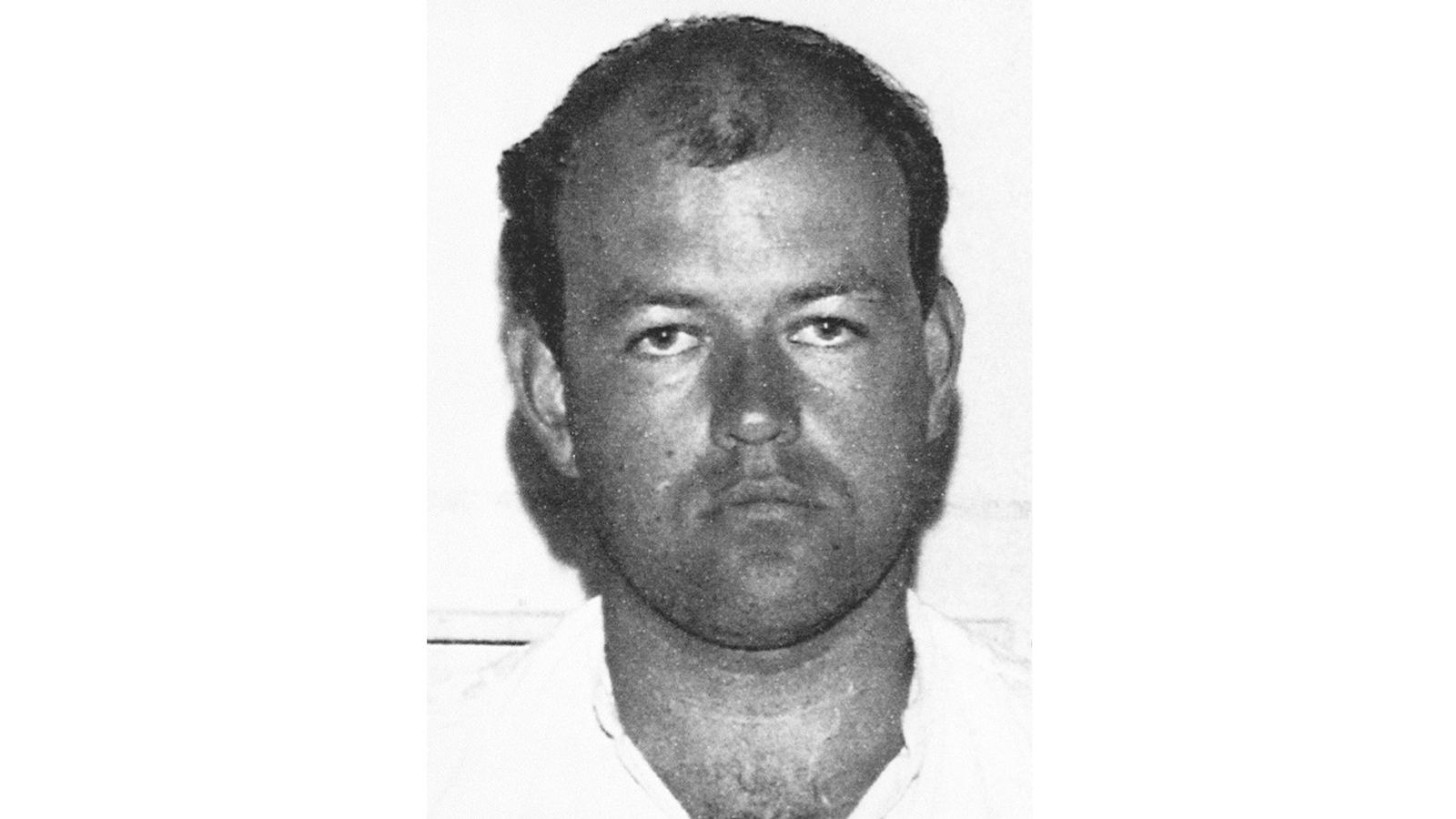Murderer and child rapist Colin Pitchfork is too much of a risk to be released and must stay in prison, according to the Parole Board.
He’s currently serving life for raping and strangling 15-year-olds Lynda Mann and Dawn Ashworth in 1983 and 1986.
Pitchfork was the first man convicted in the UK using DNA evidence.
He was freed in September 2021 but recalled after two months for approaching young women in the street.
The Parole Board said this summer that the decision to lock him up again was flawed and no longer necessary for public safety.
However, the justice secretary intervened to stop him being released.
The Parole Board has again been considering whether he can be freed, but today said it had decided it would be too risky.
‘Major incident’ declared as bomb squad called in to investigate ‘suspicious item’ found in house
Writer and poet Benjamin Zephaniah has died aged 65
Ofsted inspection ‘likely contributed’ to death of headteacher Ruth Perry, coroner says
Read more:
Who is Colin Pitchfork and how was he caught?
It also said he shouldn’t be allowed to move to an open prison.
The panel said: “After considering the circumstances of his offending, the progress made while in custody and on licence, and the evidence presented at the hearing, the panel was not satisfied that release at this point would be safe for the protection of the public.”
It said Pitchfork needed to “complete further work to address the identified risk factors in his case”.
Pitchfork was sentenced to a minimum of 30 years in 1988 – later cut to 28 years.
He could be freed in two years’ time however, when the Parole Board will look at his case again.
Killer exposed himself to 1,000 women
Pitchfork attacked Lynda Mann when she was walking home from babysitting, raping and strangling her and leaving her body on a footpath.
He was 22 at the time and left his baby son sleeping in the car while he carried out the attack.
Three years later, Dawn Ashworth was killed in a similar manner.
He was also convicted of sexually assaulted two more girls, including a 16-year-old who he assaulted as he threatened her with a screwdriver and a knife.
Pitchfork also admitted to having exposed himself to more than 1,000 girls and women.
A local 17-year-old was originally a suspect, but semen samples from both victims did not match the DNA from his blood sample.
He was the first person to have his innocence established in this way.
Police launched the world’s first mass screening for DNA, which involved 5,000 men in three villages being asked to volunteer blood or saliva samples.
Pitchfork managed to evade detection by paying a colleague to take the test for him – but he was found out when someone overheard the colleague discussing it in the pub.
He was arrested in 1987 and his DNA linked him to both murders.






















